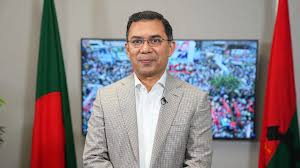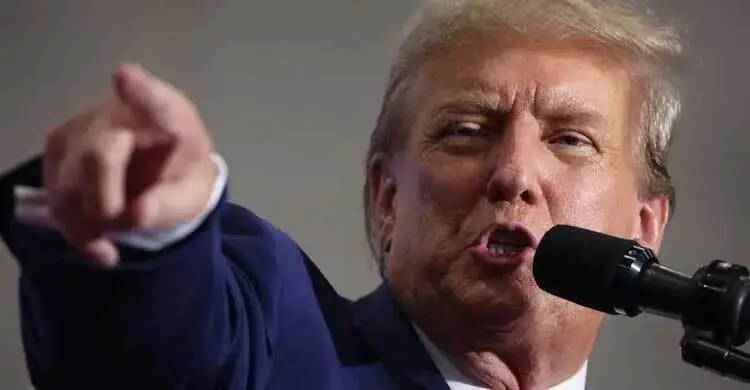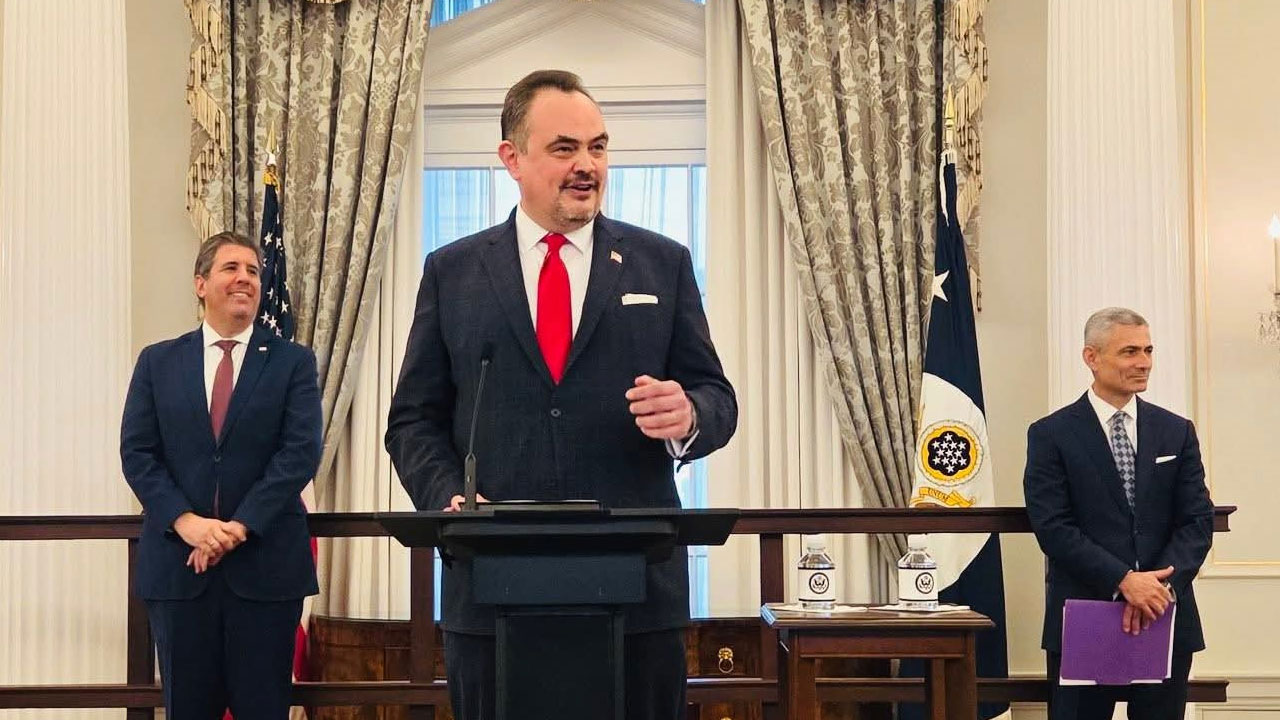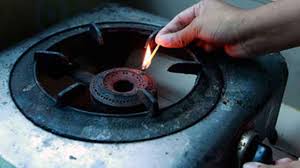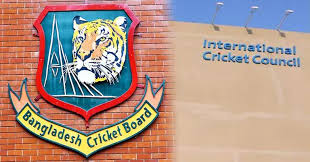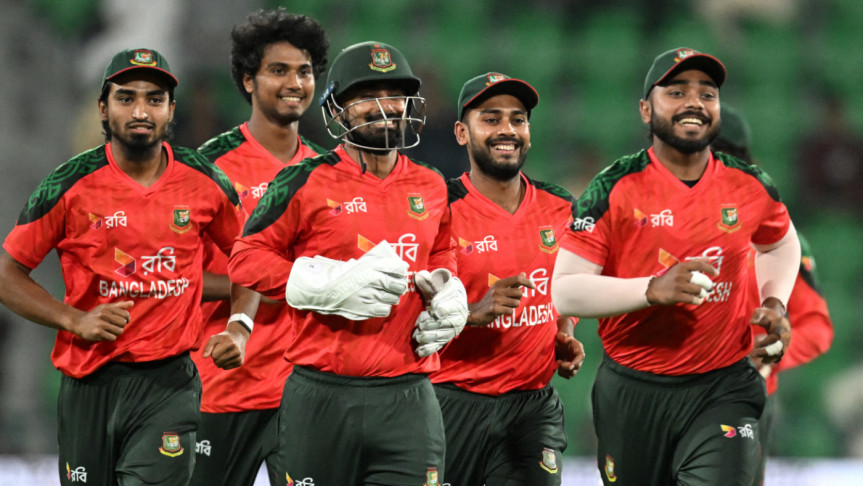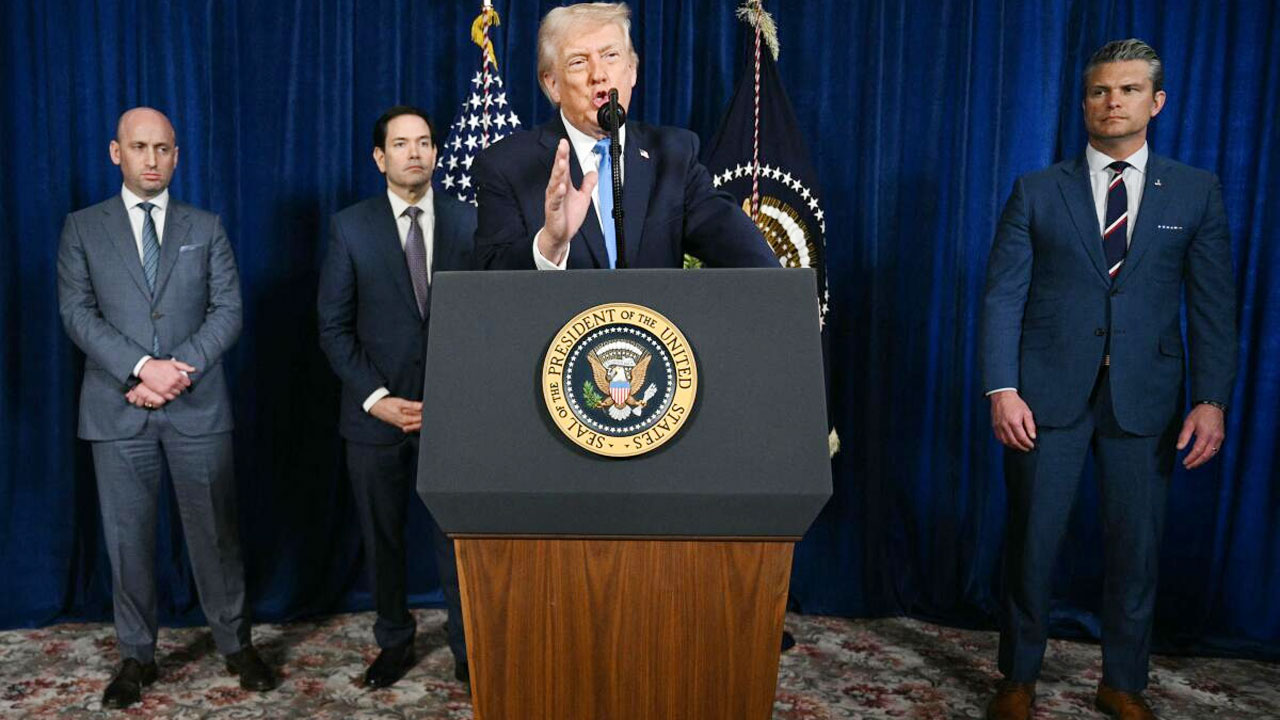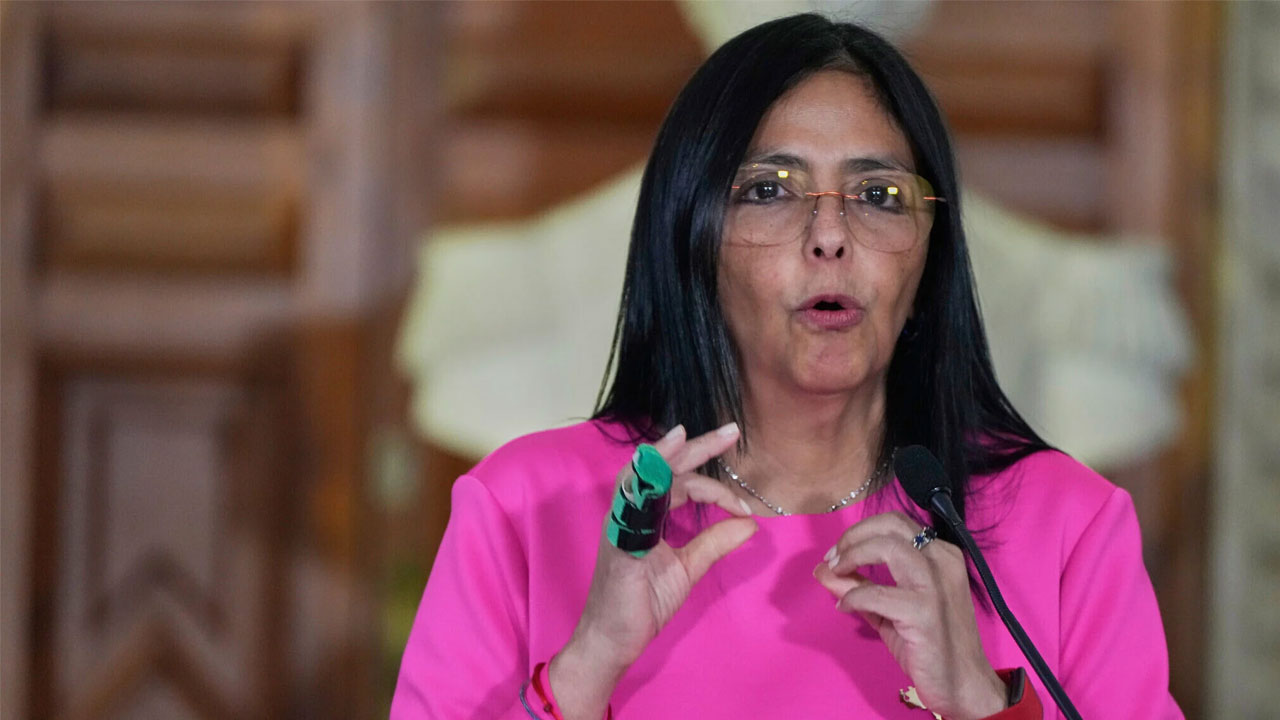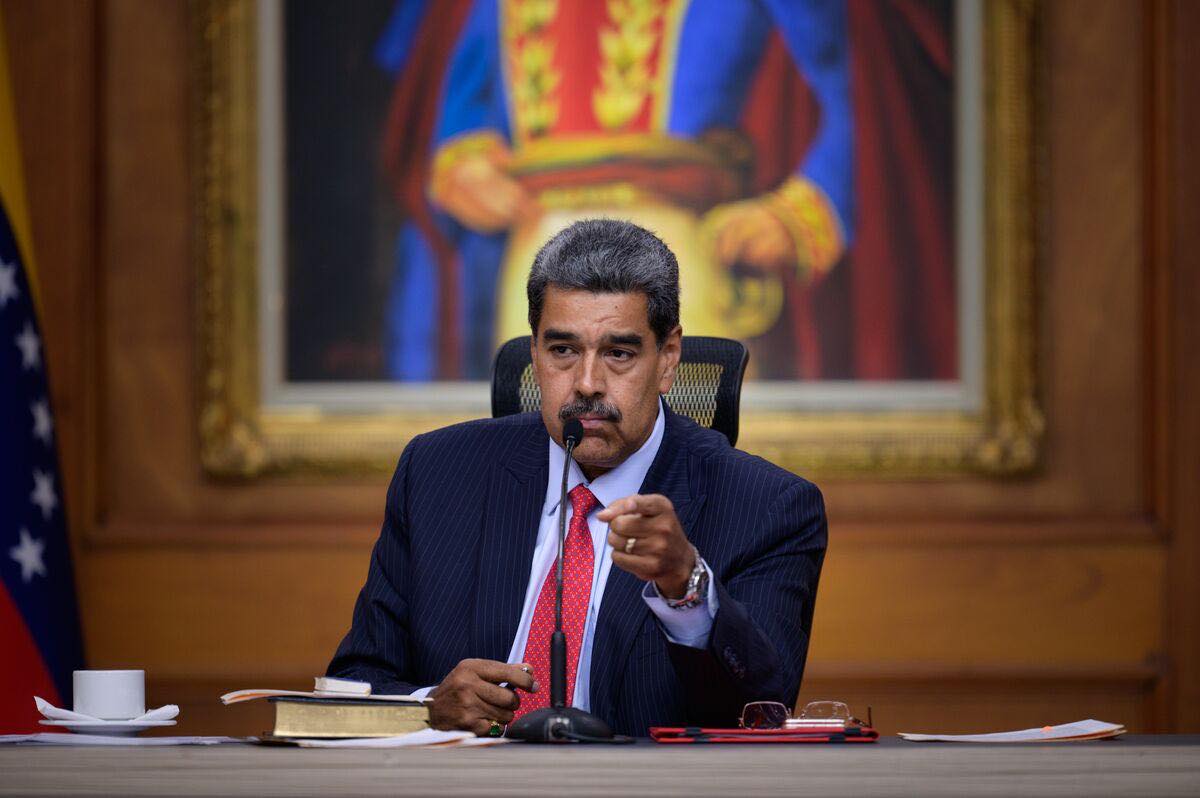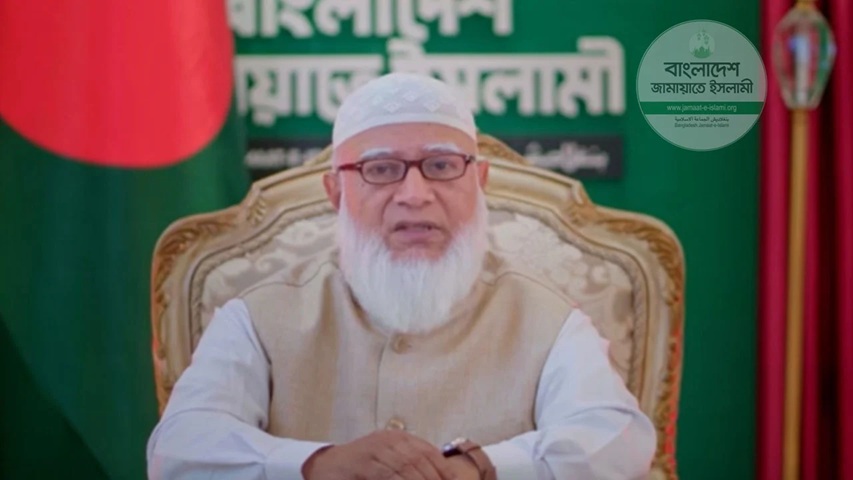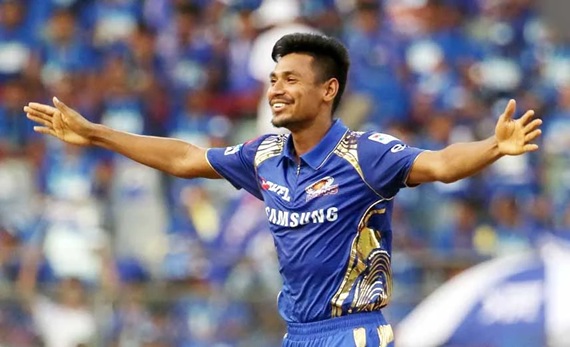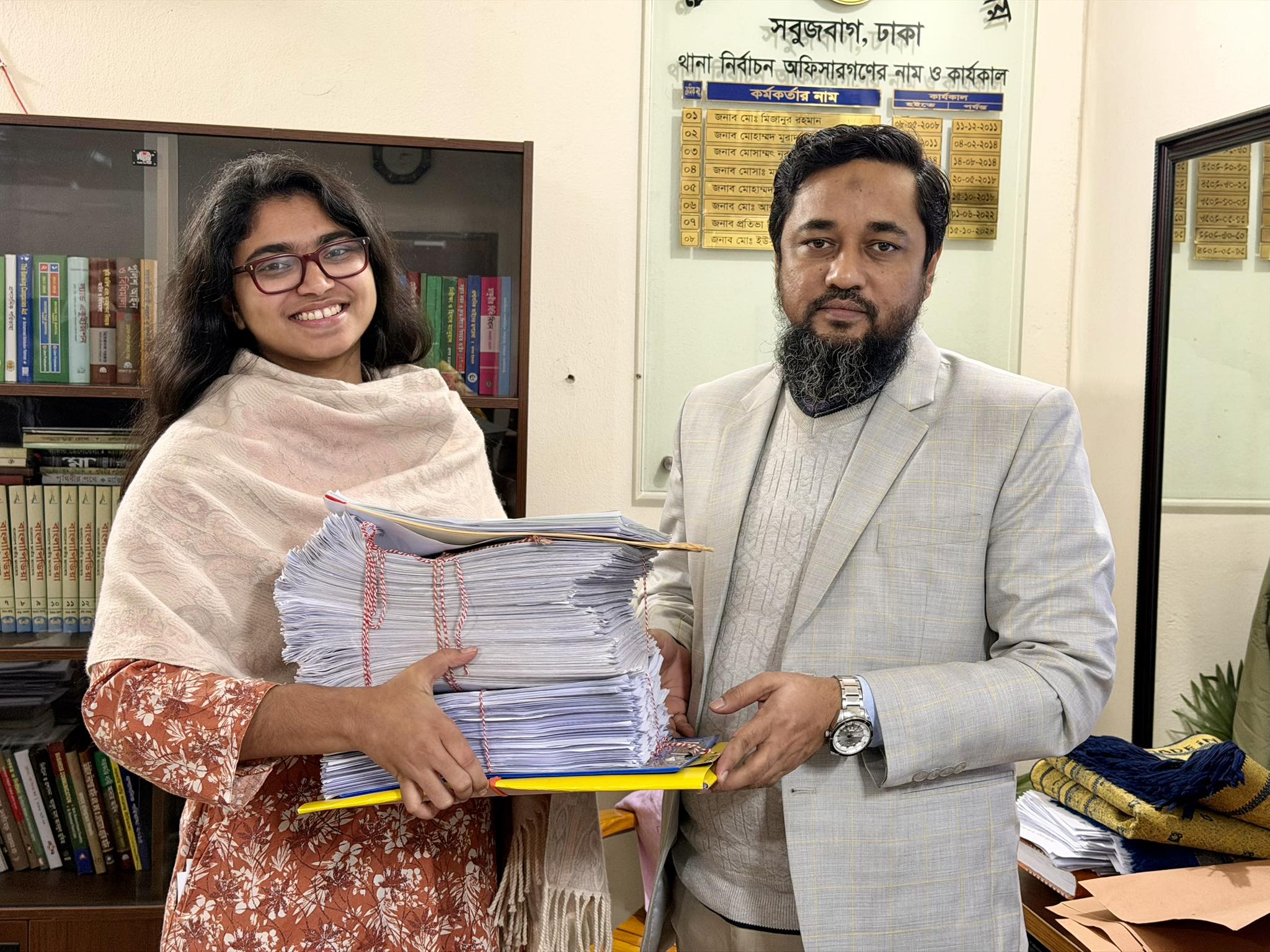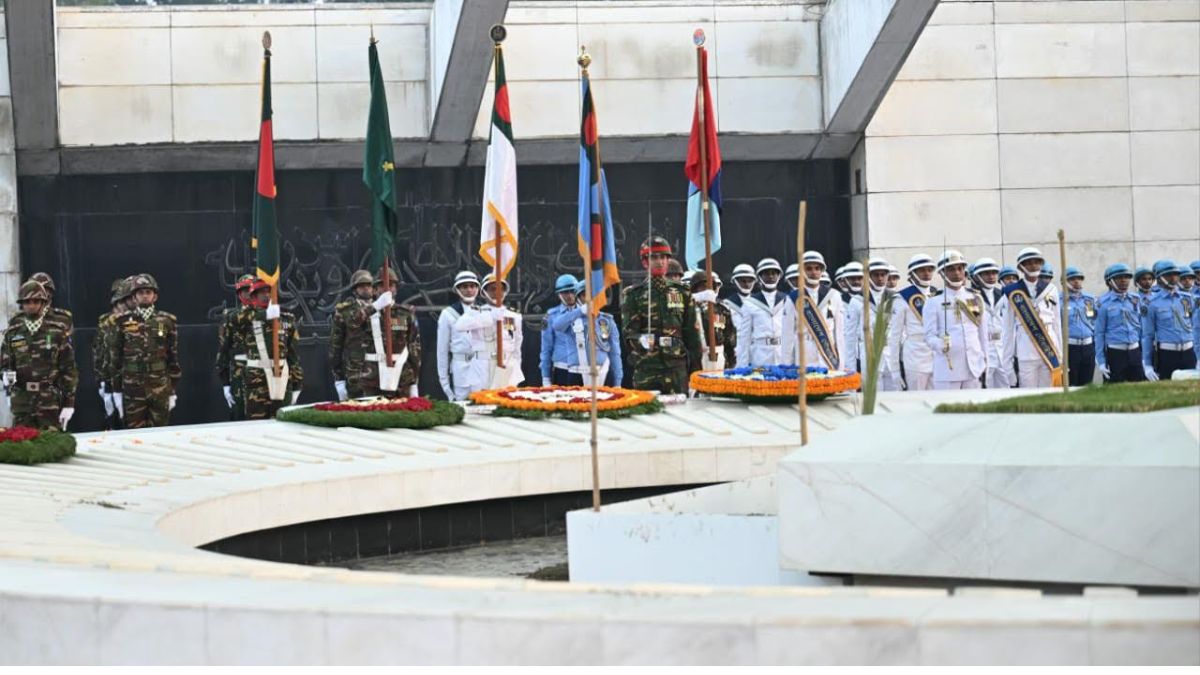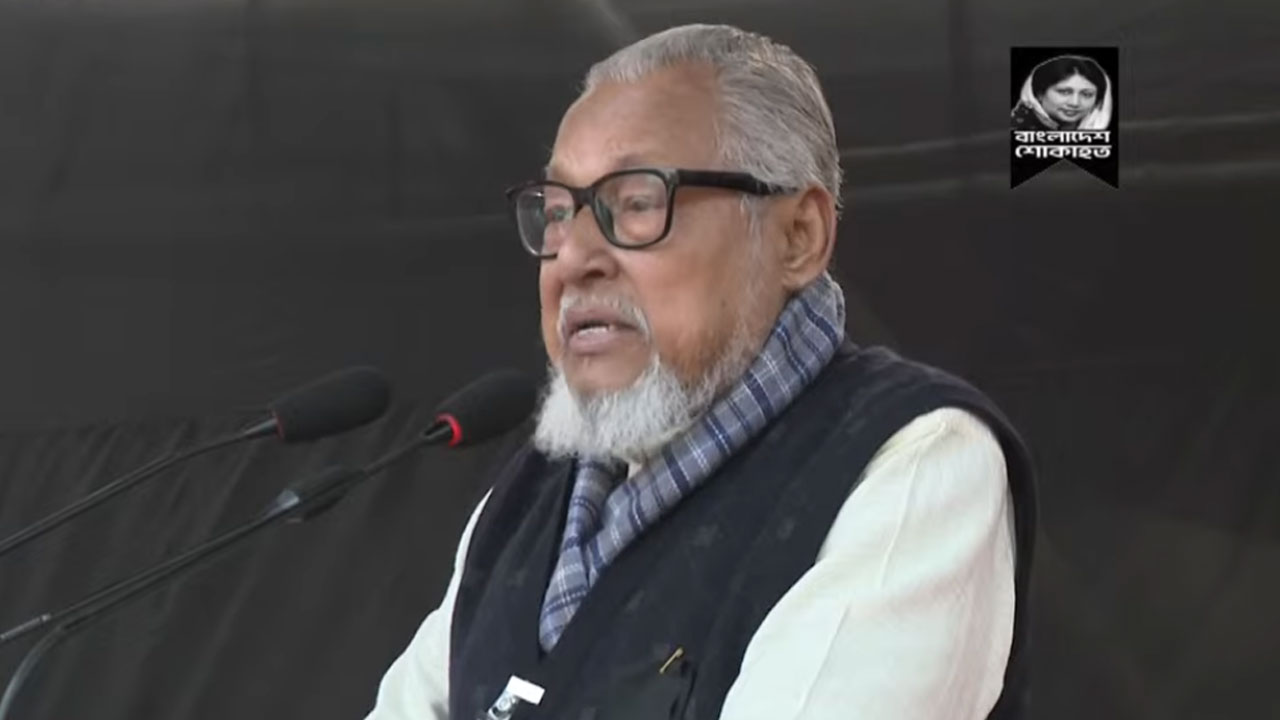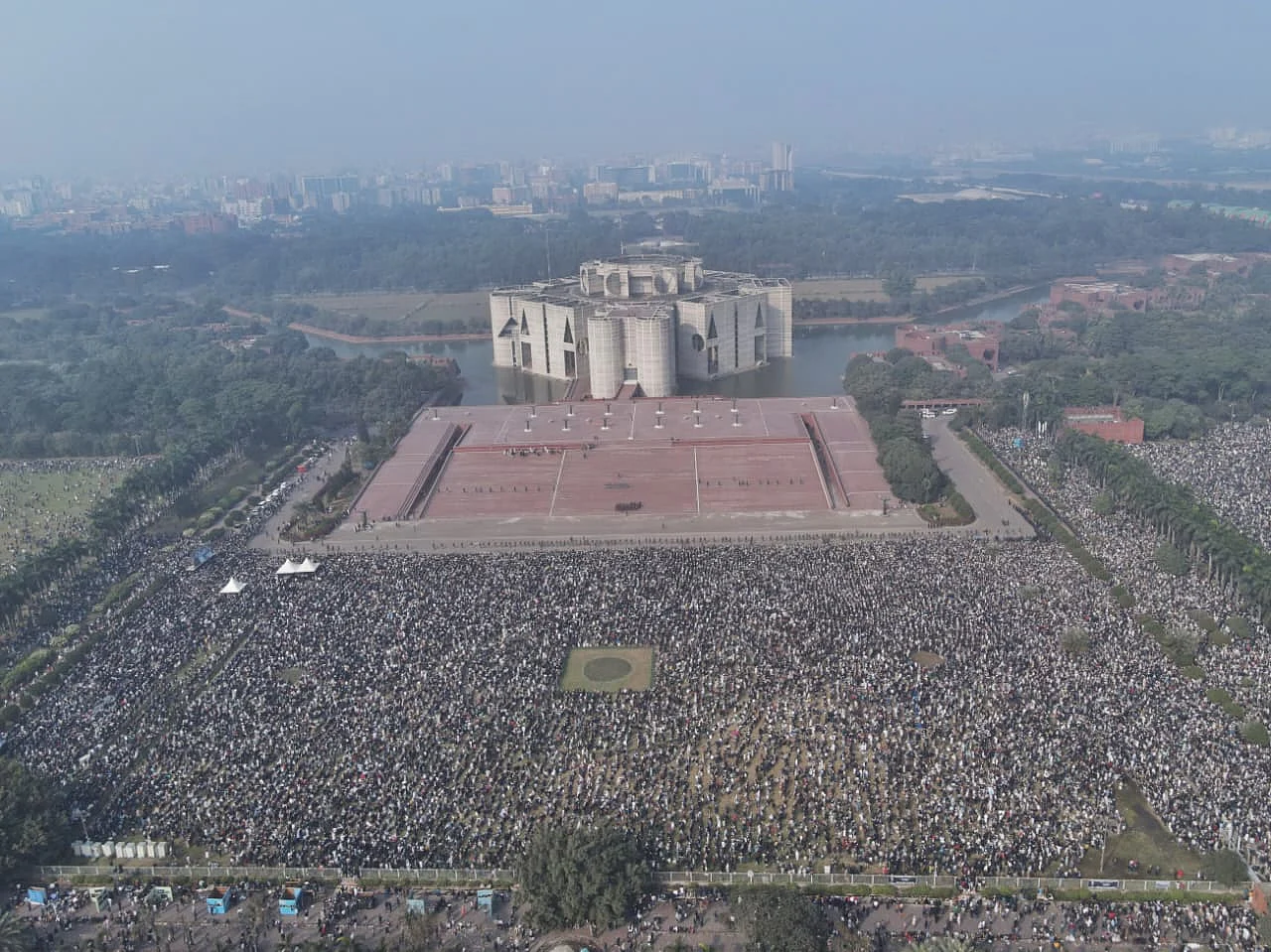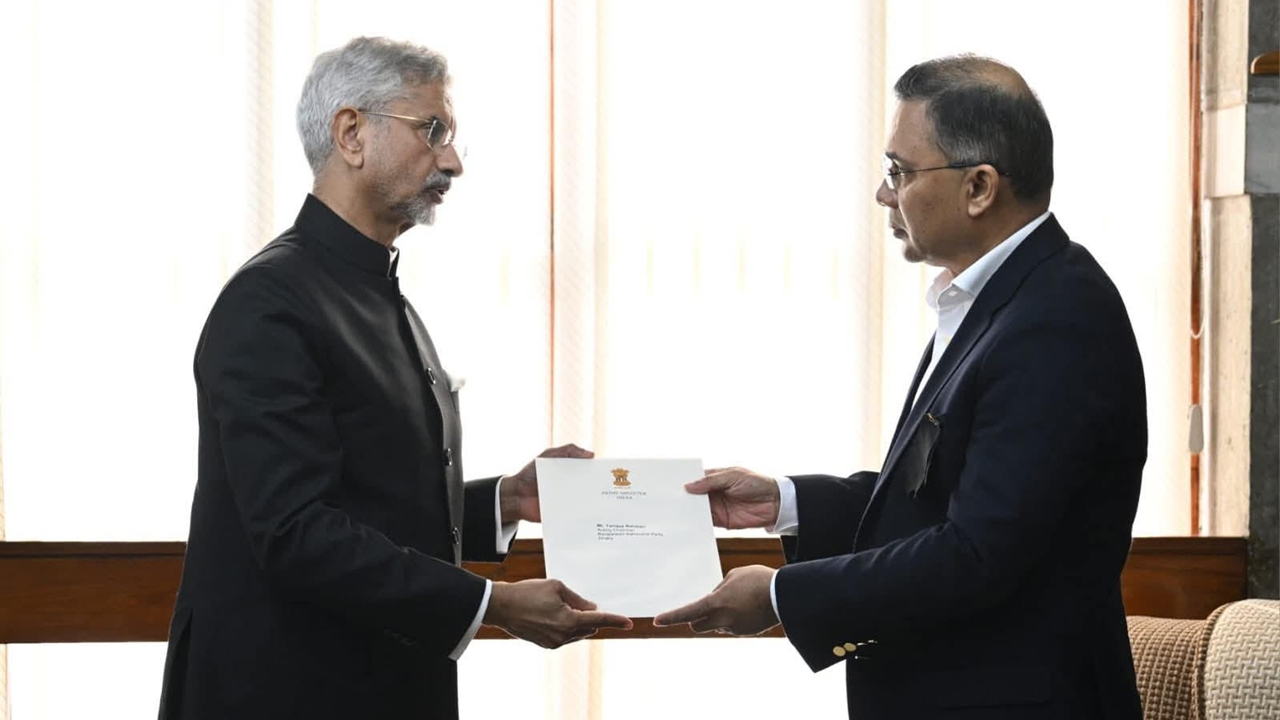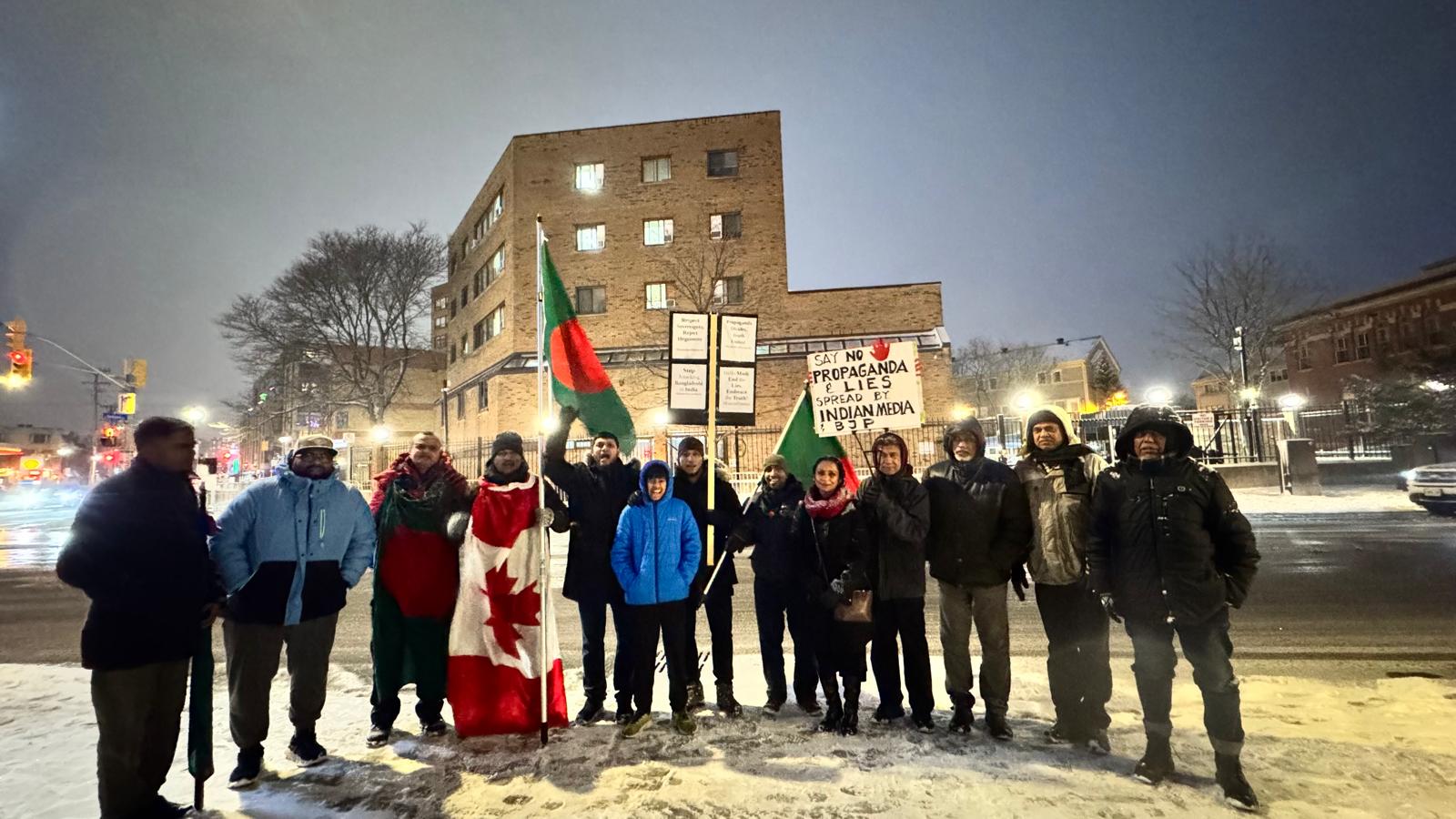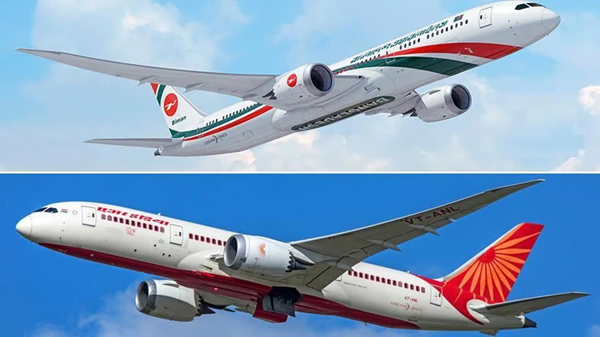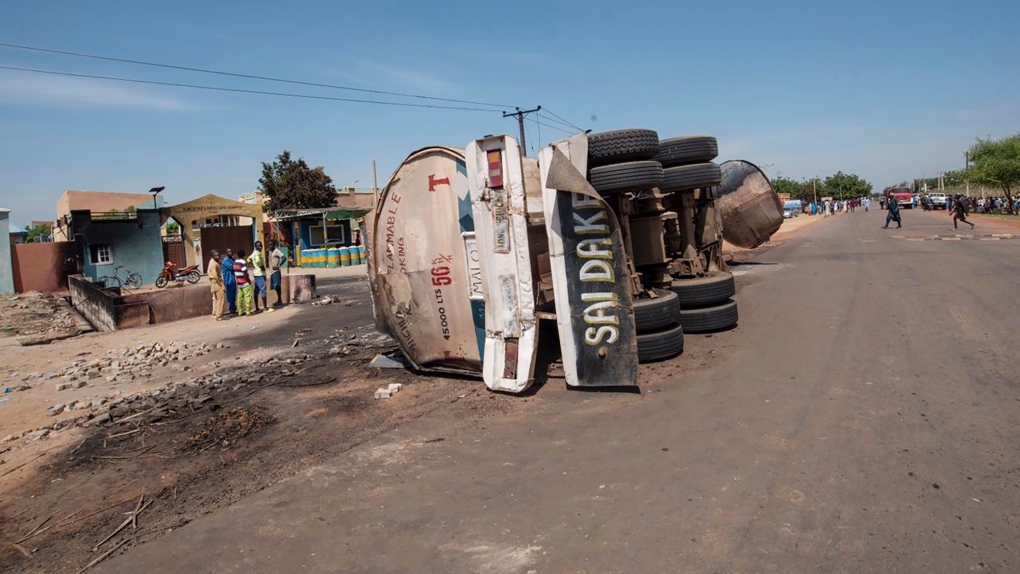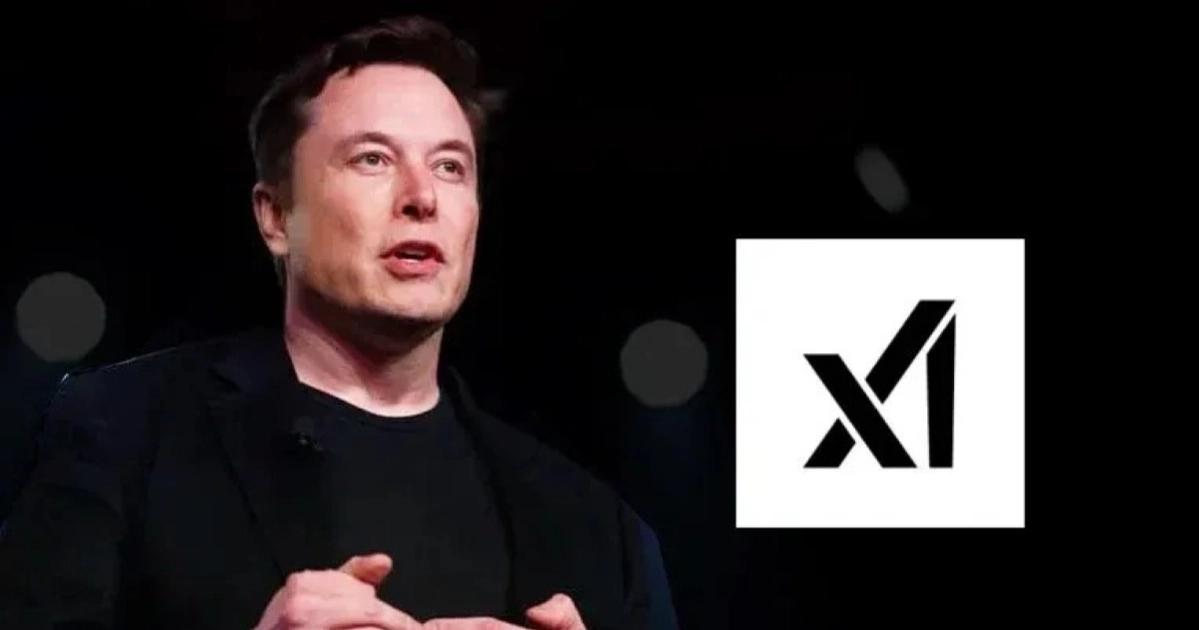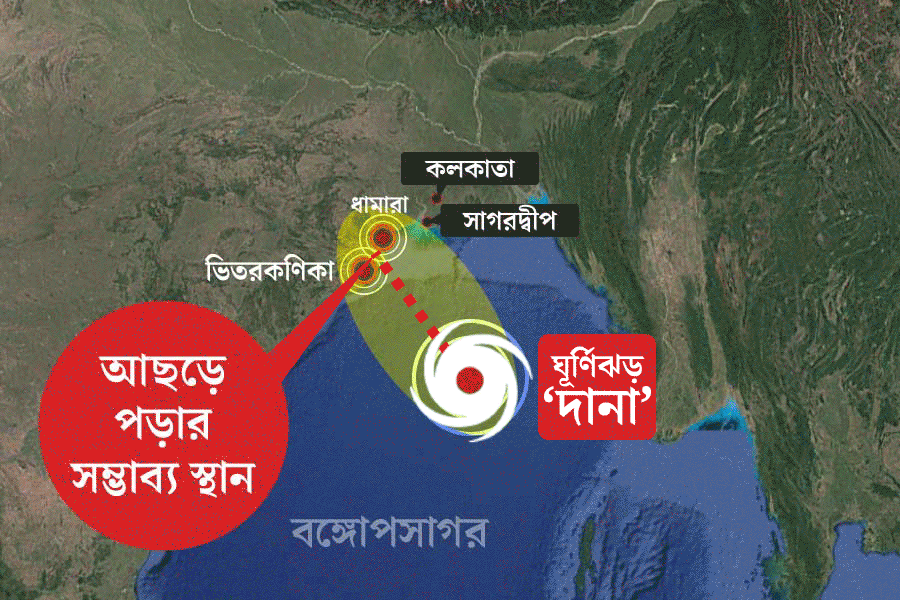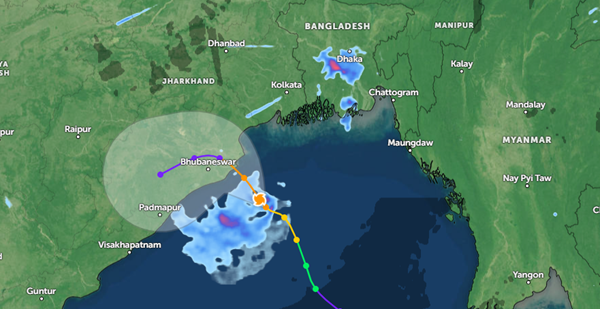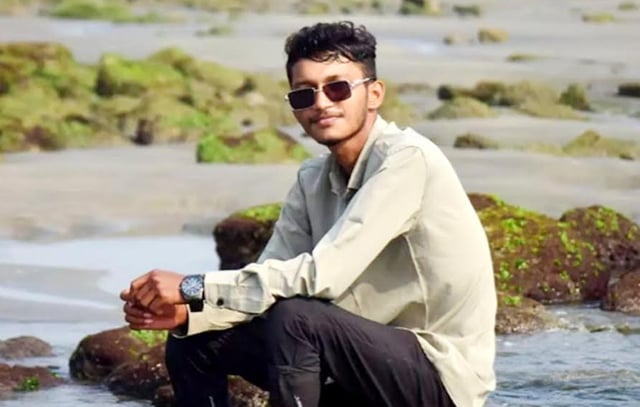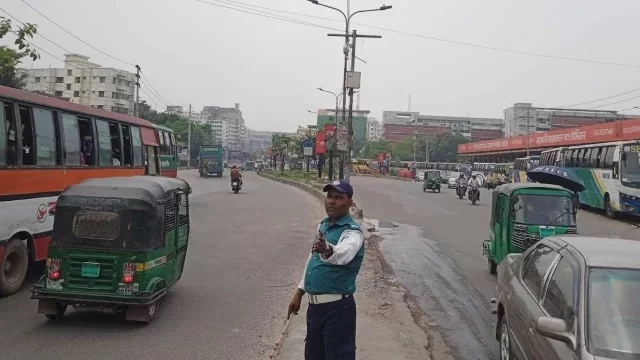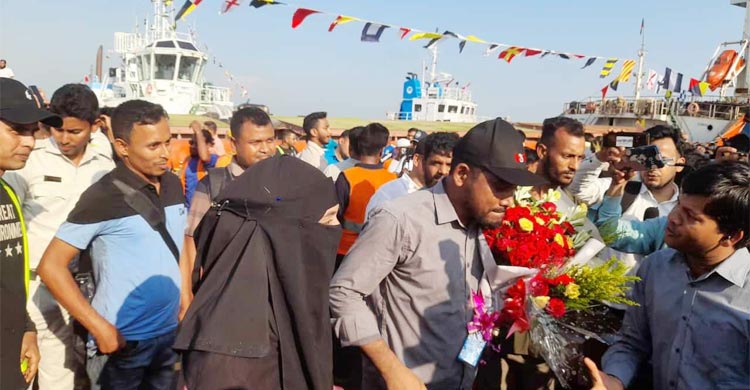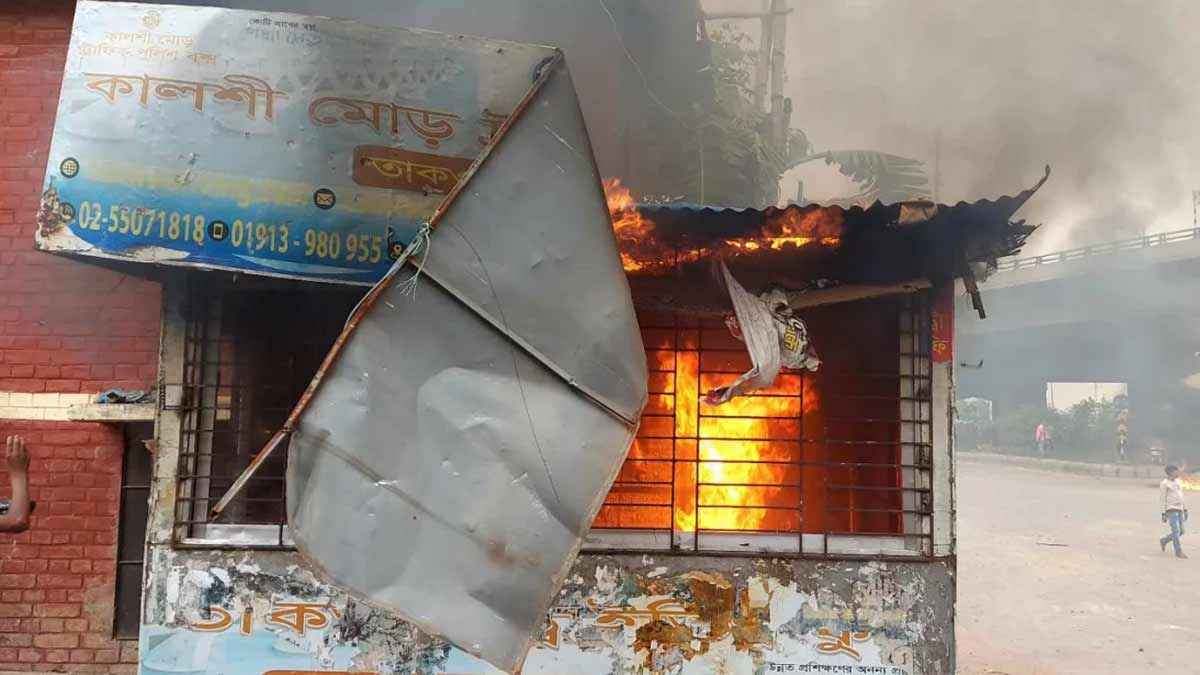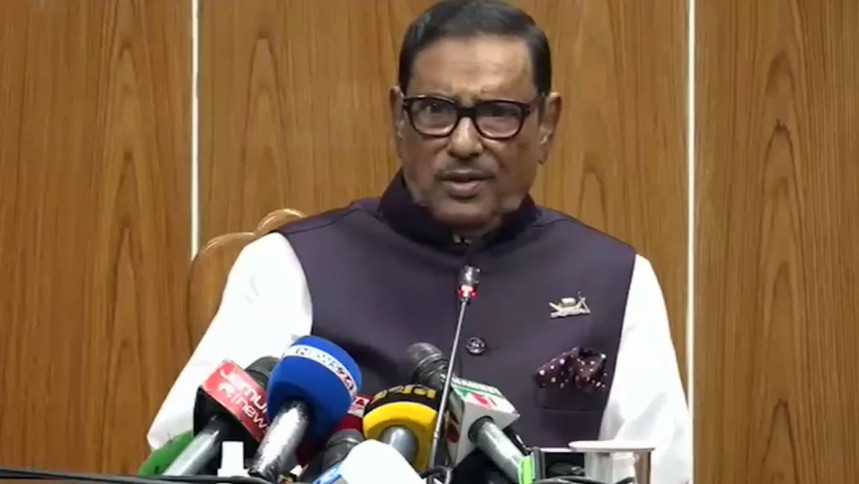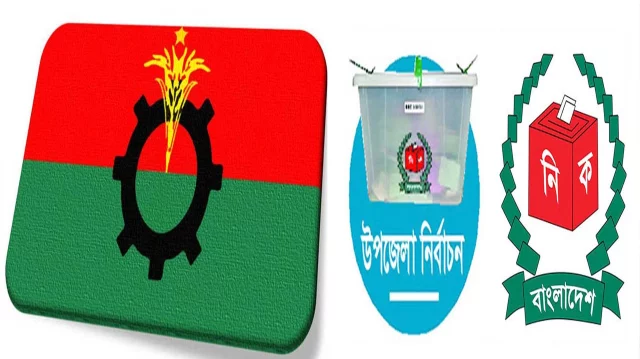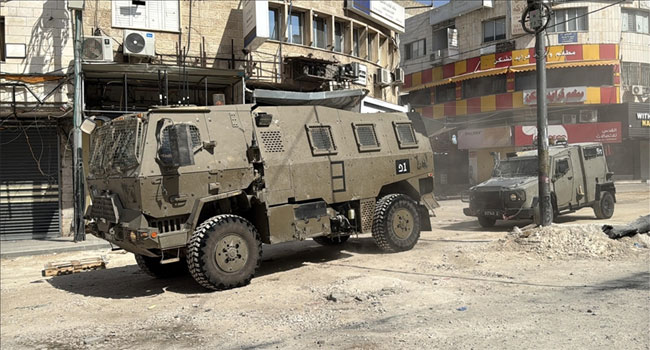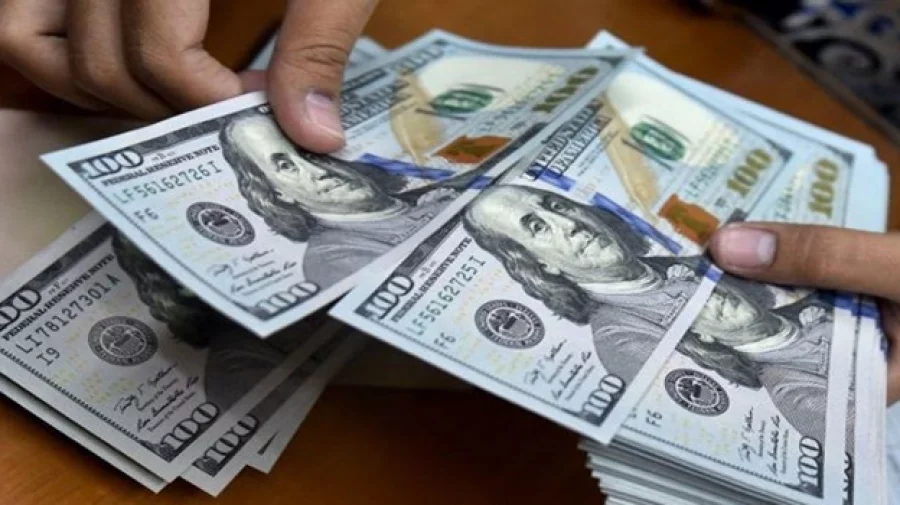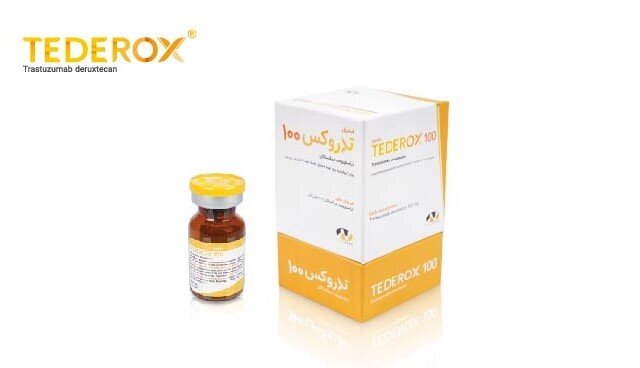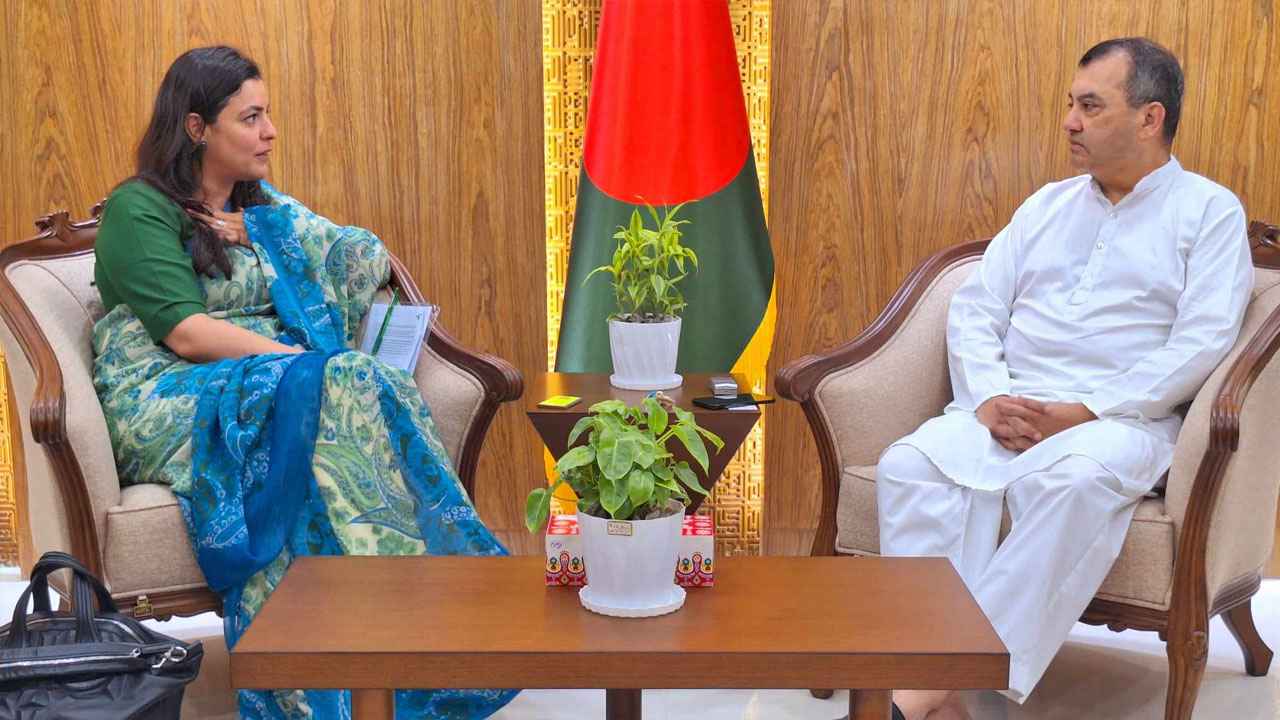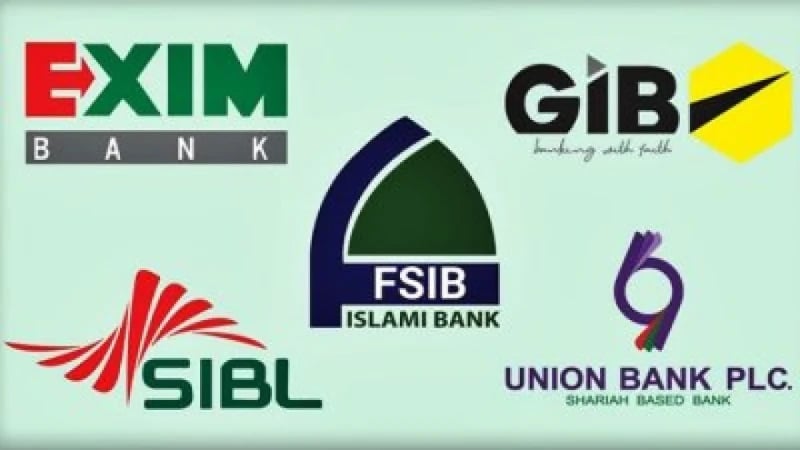
The initiative to establish a large Islamic bank by merging five troubled Sharia-based banks is about to take final shape. The administrators will take over the responsibilities of these banks only after the government releases Tk 20,000 crore as capital. In the meantime, the central bank has decided who will be given responsibility in which bank and what their work will be. After the administrators take over, depositors will get back up to Tk 2 lakh from the deposit protection fund in the first phase. This work will be done within 17 days.
According to Bangladesh Bank, the five banks that are to be merged have 7.5 million depositors with current deposits of Tk 1.42 trillion. Against this, there is a loan of Tk 1.93 trillion. Of this, Tk 1.47 trillion or 76 percent is now defaulted. These banks have 760 branches, 698 sub-branches, 511 agent banking outlets and 975 ATM booths across the country. Among the banks, Union Bank has the highest 98 percent defaulted loans. In turn, First Security Islami has 97 percent, Global Islami has 95 percent, Social Islami has 62.30 percent and Exim Bank has 48.20 percent defaulted loans.
The concerned said that the main goal of the merger of these banks is to protect the depositors. In the first phase, up to two lakh taka will be returned from the deposit protection fund. If someone has deposited two lakh taka, he can withdraw the entire amount. Even if it is more, he will get the entire amount. However, in the first phase, two lakh taka will be given from the protection fund. The remaining amount will be paid from the bank's own funds. In this case, the funds will be increased by collecting new deposits and loans, provided by the government as capital. In the case of term deposits, a profit of 4 percent will be given along with the original amount. And in the case of savings or current accounts, the original amount will be returned in full. Currently, these banks are not able to return the deposits properly.
It is learned that the Deposit Insurance Trust Fund, which is built up by the annual subscription of the country's banks, currently has around 18,000 crore taka. From there, 12,000 crore taka will be given to the depositors of five banks. Until now, there was an opportunity to pay up to 1 lakh taka from this fund if a bank closes. However, in the Deposit Protection Ordinance approved by the Advisory Council on Thursday, the depositors of the five banks that are going to merge have been given an opportunity to pay up to 2 lakh taka. In addition to banks, financial institutions have now also been included in this fund.
Who is the administrator in which bank?
As soon as the administrators take over, the boards of directors of these banks will be dissolved. And the contracts of the MDs will be cancelled. Bangladesh Bank Executive Director Shawkatul Alam will be given the responsibility of Exim Bank as the administrator. Social Islami will have Executive Director Salah Uddin and First Security Islami Bank will have another Executive Director Muhammad Badiuzzaman Didar. And Global Islami Bank will be given the responsibility of Director Md. Moksuduzzaman and Union Bank will have another Director Mohammad Abul Hashem.
The first task of the administrators will be to provide all kinds of information on the merger of the five banks. Central bank officials will coordinate all the information at the office set up for the merger of these banks at Sena Kalyan Bhavan.
What will happen to shareholders and employees?
The five banks that are going to merge will have zero shares due to a huge deficit in their capital. However, discussions are underway on whether something can be done for the small shareholders. And in the first phase, the MD will be given the opportunity to resign among the employees. Currently, only SIBL and Union Bank have regular MDs.
In the other three banks, DMDs are serving as acting MDs. In total, there are now 11 DMDs in five banks. Out of them, one DMD from each bank will be retained and the contracts of the rest will be cancelled. And one head will be appointed for each department from the banks. In these cases, who will be appointed will be decided on the basis of these three criteria - academic qualifications, work efficiency and integrity. Those who have proven allegations against them will be excluded.
It is learnt that no employees will be laid off in general. However, decisions will be made initially on those who have been appointed without any competitive examination. In addition, an assessment test will be conducted for each employee.
